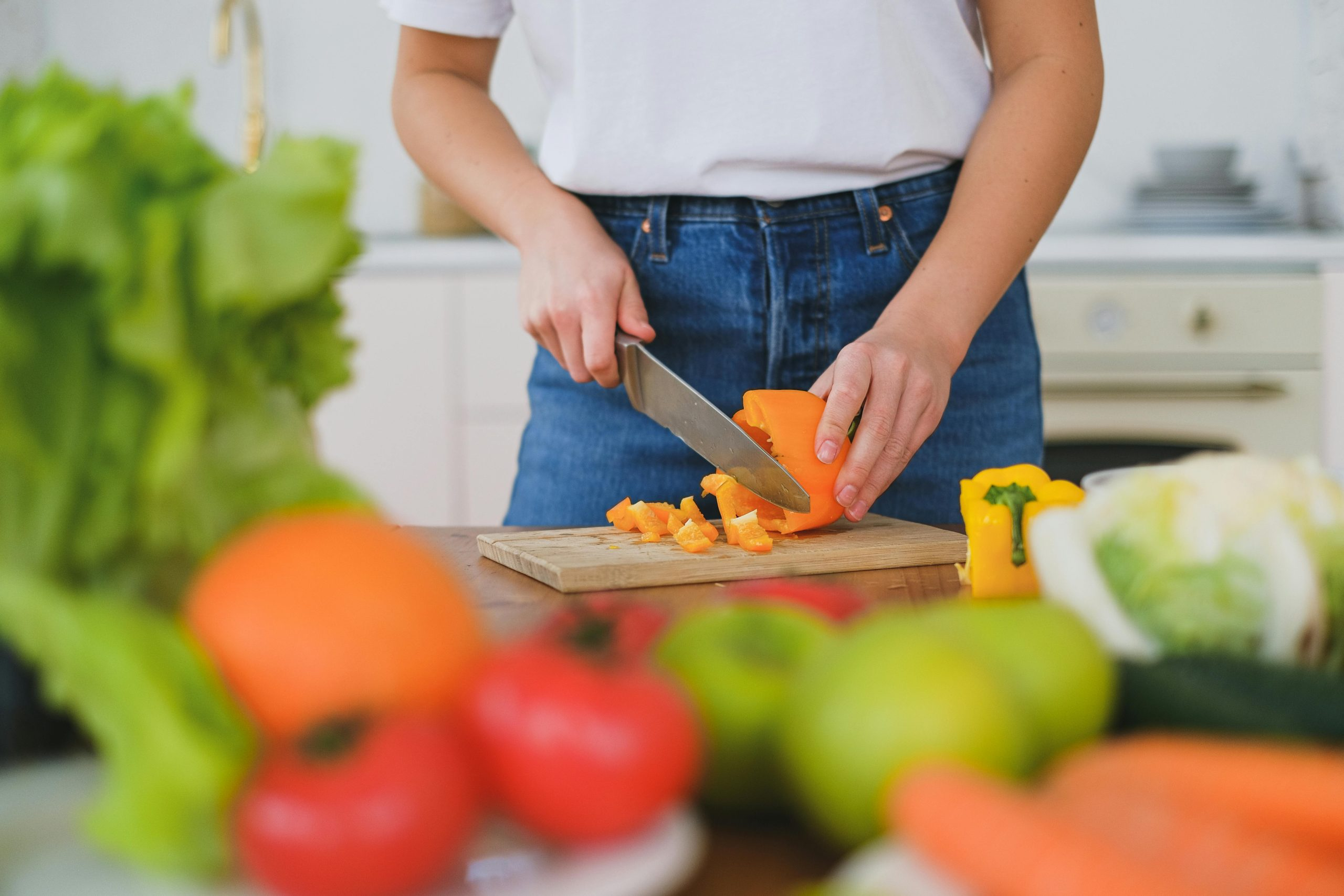Sustainable Cooking Practices Every Household Can Adopt
In today’s world, sustainability has become a major concern for many people. The negative impact of our actions on the environment has pushed us to evaluate our lifestyle choices and make more conscious decisions. While we often focus on things like recycling and reducing our energy consumption, one aspect that is often overlooked is our cooking practices. Yes, cooking. It may seem like a small part of our daily routine, but it can have a significant impact on the environment. Luckily, sustainable cooking practices can be easily adopted by every household. In this article, we will explore some simple and practical ways to make your cooking more environmentally friendly.
The Importance of Sustainable Cooking
Before we dive into the ways you can make your cooking more sustainable, let’s first understand why it is essential. The food industry is responsible for a significant share of greenhouse gas emissions, which contribute to climate change. Inefficient cooking practices and the use of non-renewable resources such as gas and electricity further add to the problem. By adopting sustainable cooking practices, we can reduce our carbon footprint and become more mindful of our food choices.
Choosing Ethical Ingredients
Buy Locally Sourced and Seasonal Produce
One of the easiest ways to make your cooking more sustainable is by choosing ingredients that are locally sourced and in season. Buying produce from local farmers ensures that your food has not traveled long distances, reducing the carbon emissions from transportation. Additionally, seasonal produce is often fresher, more flavorful, and supports the local economy.
Opt for Organic Options
Organic ingredients are grown without the use of harmful chemicals and pesticides, making them healthier for both the environment and our bodies. Look for organic labels when purchasing fruits, vegetables, and grains. You can also support small organic farms in your area by buying directly from them.
Reducing Food Waste
Plan Your Meals
Meal planning is an excellent way to reduce food waste. By planning your meals ahead, you can avoid buying excessive ingredients that may go to waste. It also helps you make more mindful food choices and reduces impulse buys at the grocery store.
Repurposing Leftovers
Instead of throwing away leftovers, get creative and find ways to repurpose them into new meals. For example, leftover vegetables can be used to make a hearty soup or frittata. Not only does this reduce food waste, but it also saves money and time spent on shopping for new ingredients.
Energy-Efficient Cooking
Switch to Energy-Efficient Appliances
Investing in energy-efficient appliances may seem like a hefty upfront cost, but it can save you money in the long run. Look for appliances with an Energy Star label, which signifies that they are more energy-efficient and use less electricity or gas. This will not only reduce your carbon footprint but also lower your energy bills.
Cooking with Natural Gas
If you have the option, consider cooking with natural gas instead of electricity. Natural gas is a cleaner and more efficient energy source for cooking, as it produces fewer emissions and heats up faster. Additionally, cooking with gas allows for more precise temperature control, reducing the risk of burnt food and wasted ingredients.
Composting
Create Your Own Compost
Another way to reduce food waste and create a sustainable cooking routine is by composting. Instead of throwing away food scraps, invest in a compost bin and create your own nutrient-rich compost for your garden. This will not only reduce your carbon footprint but will also help you grow your own fresh and organic produce.
Donate Excess Food
If you have extra food that you cannot repurpose or compost, consider donating it to those in need. There are many food banks and organizations that collect donations and distribute them to people facing food insecurity. This not only reduces food waste but also helps those in need.
In Conclusion
Sustainable cooking practices may seem overwhelming at first, but by making small changes in our daily routines, we can make a positive impact on the environment. By choosing ethical ingredients, reducing food waste, and cooking efficiently, we can make our cooking practices more sustainable and contribute to a healthier, cleaner planet. So let’s start cooking with the planet in mind!










